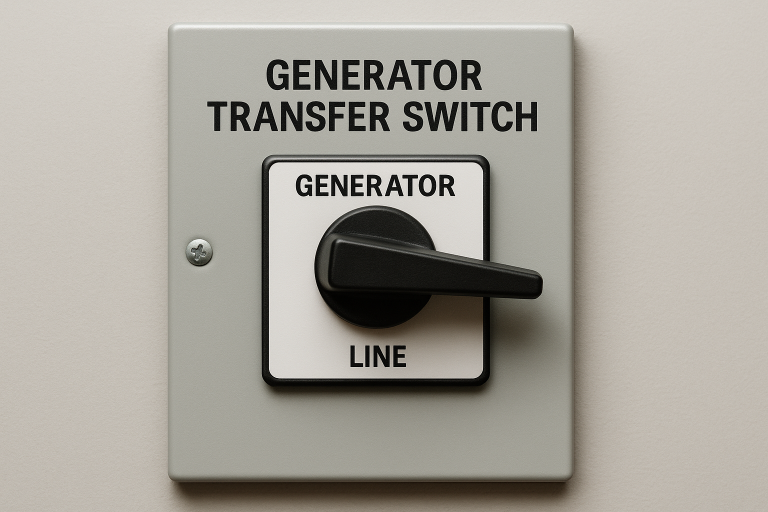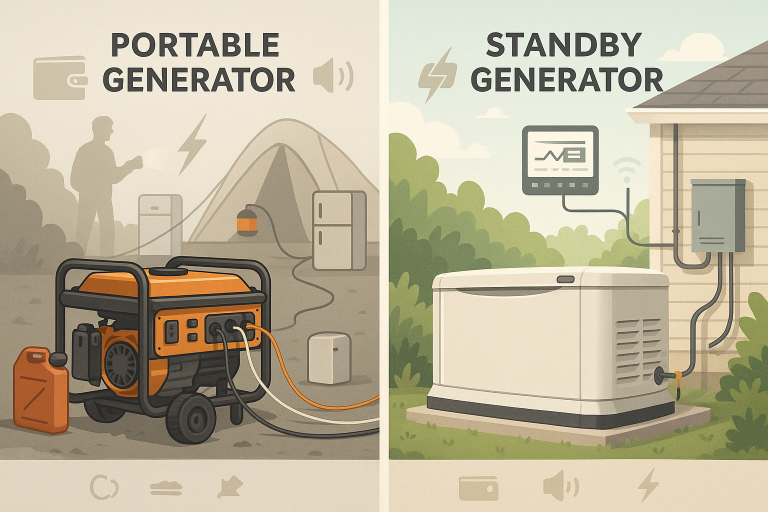Can Power Generators Run On Natural Gas?
Using a power generator that runs on natural gas can be a convenient and cost-effective way to generate electricity in an emergency or during a power outage. Natural gas is a clean-burning fossil fuel that is widely available in many areas, making it a reliable choice for powering a generator. In this article, we will discuss the benefits of using a natural gas generator and provide tips for safely operating one.
Benefits of a natural gas generator
- Reliability: One of the main advantages of using a natural gas generator is its reliability as a fuel source. Unlike gasoline or diesel, natural gas is not subject to spoilage or evaporation. This makes it a good choice for use in a power generator, as it is less likely to run out or become unavailable during an outage.
- Cost: Natural gas is generally cheaper than gasoline or diesel, which makes it an economical choice for powering a generator. This can be especially beneficial if you are using the generator for an extended period of time or during a long-term power outage.
- Environmentally friendly: Natural gas is a clean-burning fuel that produces fewer emissions than gasoline or diesel. This makes it a more environmentally friendly choice for use in a power generator.
Using a natural gas generator
To use a power generator with natural gas, you will need to have a natural gas line installed and a natural gas connection for the generator. Some generators are designed to run on both natural gas and propane (LP gas), which can be a convenient option if you have access to both fuel sources.
Before using a natural gas generator, make sure to read and follow the manufacturer’s instructions for safe operation. This will ensure that the generator is used safely and efficiently. Some specific guidelines to follow include:
- Install the generator in a well-ventilated area: Natural gas generators produce carbon monoxide (CO) when running, so it is important to place the generator in a well-ventilated area. This will help to dissipate CO and other fumes produced by the generator.
- Use a carbon monoxide detector: Install a battery-powered or battery-backup carbon monoxide detector in the area where the generator will be used. This will alert you if CO levels become dangerous.
- Only use the generator in a dry area: Do not use the generator in damp or wet conditions, as this can increase the risk of electrocution. If the generator gets wet, turn it off and allow it to dry completely before using it again.
- Follow the manufacturer’s instructions for maintenance: Regular maintenance is important to keep the generator running safely and efficiently. Follow the manufacturer’s instructions for maintaining the generator, including changing the oil and spark plugs, cleaning the air filter, and checking the fuel lines.
- Use a generator-safe extension cord: If you need to use an extension cord to power appliances or devices with the generator, make sure it is rated for use with generators. Normal extension cords may not be able to handle the high current and voltage produced by a generator, which can lead to overheating and fire.
- Avoid using the generator for an extended period of time: If possible, only use the generator for short periods of time and have a backup plan in place for longer outages. Prolonged use of a generator can increase the risk of CO buildup and other hazards.
Conclusion
Using a power generator that runs on natural gas can be a convenient and cost-effective way to generate electricity in an emergency or during a power outage. By following the manufacturer’s instructions and guidelines for safe operation, you can ensure that the generator is used safely and efficiently.


